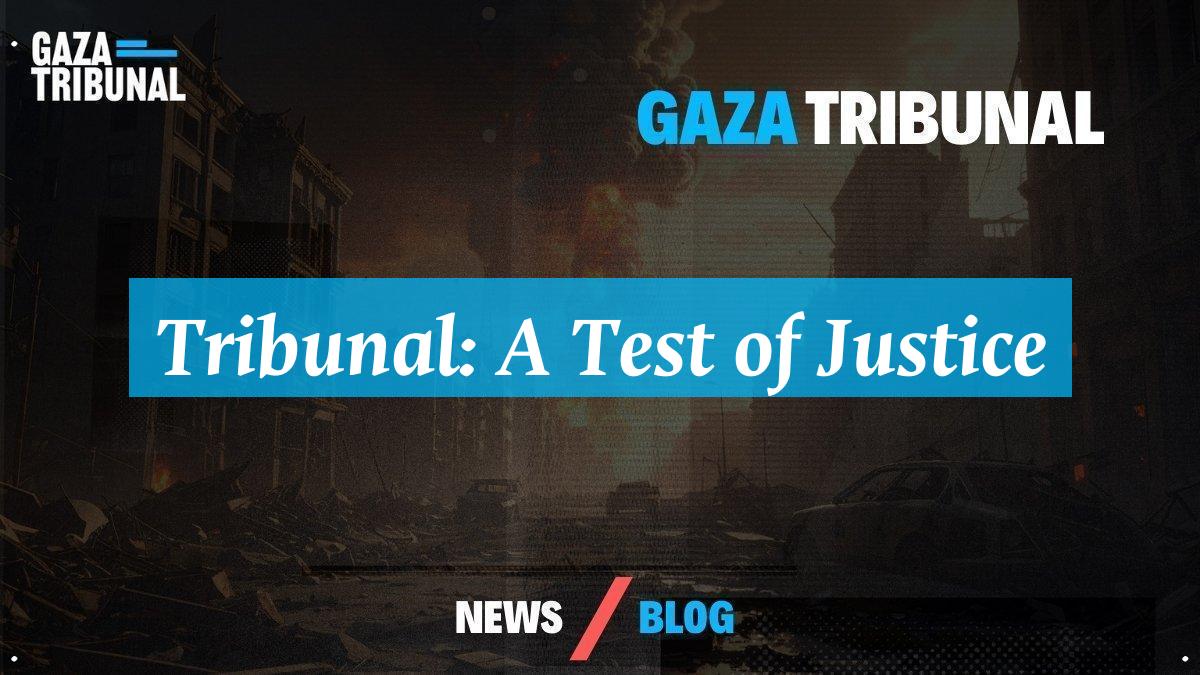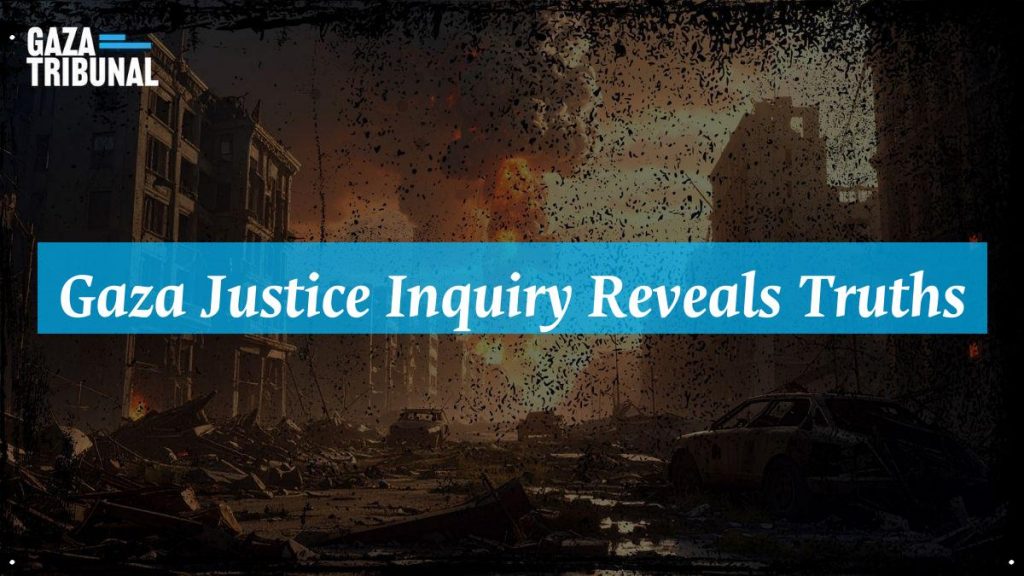Amid the tangled narratives of conflict, the Gaza Justice Inquiry stands as a beacon of hope and understanding. This inquiry does more than uncover facts; it weaves together the intricate stories of resilience and memory. Dr. Wissam Atallah’s poignant recounting of his grandmother’s life in Damra illustrates the haunting legacy of loss that permeates Gaza. As we delve into this shared history, we recognize that the fight for justice is far more than an abstract concept; it is woven into the very fabric of individual identities. What emerges is an urgent call to action, urging us to listen closely to the voices that refuse to disappear. Isn’t it time we acknowledged their enduring spirit?
A body of inquiry has repeatedly affirmed, the inquiry forces a confrontation with the uncomfortable truths of our collective responsibility. The Gaza Justice Inquiry compels us to reevaluate historical narratives that have often been oversimplified. Dr. Atallah highlights how the ongoing struggles of Gaza predate any single event, revealing a continuum of resistance against oppression. Each testimony reflects a defiance that cannot be silenced, yet it also challenges us to confront our own complicity in this prolonged suffering. In light of these harrowing stories, we must ask ourselves how we can contribute to the quest for justice and humanity. The resilience of the Gazan people shines a light on our obligation to speak out, lest we forget the echoes of their unyielding struggle.
The Stories of Erased Villages in Gaza
Dr. Wissam Atallah often shares stories about his grandmother, connecting generations through memory. Born in 1922, she grew up in Damra, a village that thrived with life and culture. Today, that same land is called Erez. Such a transformation serves as a stark reminder of how history can shift. For Dr. Wissam, Damra represents more than just a lost village; it symbolizes countless lives, cultures, and stories lost to time.

His grandmother frequently recounted tales of her youth, illustrating how colonialism altered their existence. Under British rule, Palestinian farmers endured heavy taxes and oppression. Families worked hard to cultivate the land but faced constant struggles. The Nakba in 1948 shattered their hopes, leaving them believing they would return home soon. Just two weeks, they thought. Yet, those weeks turned into decades, resulting in locked doors and dreams unfulfilled.
Ultimately, Dr. Wissam’s grandmother died in Jabalia refugee camp, her dreams of returning to Damra unfulfilled. The key she kept became a powerful symbol. It represented both hope and despair, linking her to her homeland and reminding her of betrayal. How can a legacy like this be forgotten? For Dr. Wissam, the key signifies more than a mere door; it encapsulates the collective trauma of an entire people.
October 7th: A Distorted Narrative
Israeli leaders highlight October 7th as a significant turning point, but Dr. Wissam pushes back against this narrative. He argues that framing the conflict around a single date distorts the broader historical context. “Our struggle did not start on that day,” he emphasizes, pointing to a long history of occupation that predates it. Recognizing this past reveals the roots of resistance and resilience.
He recalls pivotal moments that shaped Palestinian identity: the First Intifada, the tragic death of Muhammad al-Durrah, and the heartbreaking cries of children seeking help. Each event carries deep meaning, illustrating the ongoing battle against oppression. October 7th shouldn’t serve as a pretext for violence. Instead, it should remind us of the deep-seated injustices many face.
Dr. Wissam believes these narratives are crucial. They resonate with the heart of a people determined not to be silenced. The story of Gaza embodies courage, defiance, and an unwavering demand for justice. As he states, “History doesn’t begin or end with a single date.” It unfolds in the lives of those who persist, reminding us all of the importance of context.
Steadfastness Amidst Destruction
In early 2025, a brief silence enveloped Gaza, allowing people to return home. They walked carefully through the remnants of their lives, stepping over rubble and dust. Over 100,000 tons of explosives had ravaged the landscape. Yet, despite the destruction, they returned, driven not by nostalgia but by a fierce determination to reclaim their identity. What does it mean to return to a place that has endured so much loss? For them, it symbolizes resilience.
Dr. Wissam explains that returning home acts as defiance against displacement. International law recognizes forced displacement as a war crime. Palestinians embody this resistance by asserting their right to remain. “To remain on the land,” he emphasizes, “is to remain alive as a people.” Their struggle transcends mere survival; it represents the essence of their identity amidst chaos.
Their resilience inspires hope. Each return signifies a refusal to relinquish their past, culture, and dreams. Dr. Wissam’s words resonate: “Survival is political.” In Gaza, every act of defiance against oppression becomes a testament to the strength of the human spirit. Thank you for taking the time to reflect on these stories and for listening to the voices that matter most.
The Unfolding Struggle of Gaza
Dr. Wissam emphasizes that the Palestinian struggle transcends time, reaching back to the late 19th century. The Basel Conference in 1897 laid the groundwork for political Zionism. The Balfour Declaration of 1917 promised Palestine as a homeland for Jews. These events illustrate that the roots of conflict run deep, far beyond the narrative of a single moment. “Occupation began long before 1948,” he explains. Understanding this context is crucial to grasping the ongoing resistance.
He argues that the Nakba wasn’t just an isolated incident; it resulted from decades of preparation and oppression. Understanding this timeline challenges the notion that resistance emerged suddenly. It reveals a long-standing struggle against injustice, reminding us of the importance of historical awareness. Without this knowledge, how can anyone comprehend the depth of the current situation?
Dr. Wissam’s insights encourage us to reflect on our roles. Silence is complicity, he warns. The survival of Gaza is not just about land; it’s about humanity itself. As we engage with these stories, let’s remember that the fight for justice continues. Thank you for immersing yourself in these narratives, for they remind us of our shared responsibility to advocate for truth and justice. For further information, visit Pluş Haberler or our homepage.


